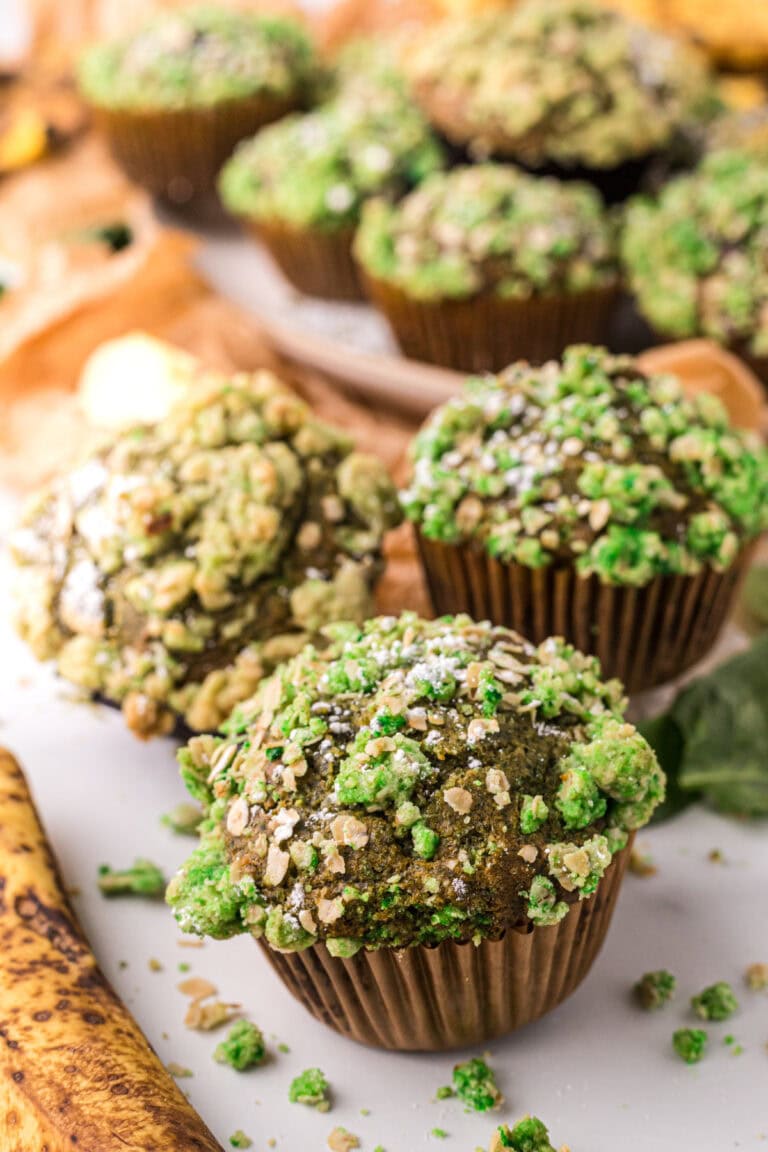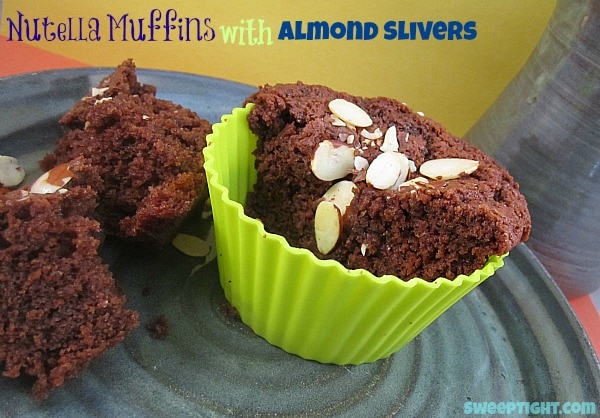Longevity Experts Caution That These 10 Common Drinks May Accelerate Aging
Aging used to be something we quietly accepted as inevitable. Now we’re waging an all-out war against it, armed with cutting-edge science and the determination to live healthier, longer lives. While we obsess over anti-aging skincare routines and longevity supplements, many of us are unknowingly sabotaging our efforts every time we reach for certain beverages.
The drinks in your fridge might be doing more damage than you think. Researchers are uncovering alarming connections between our favorite beverages and accelerated aging processes at the cellular level. What’s particularly eye-opening is how these effects compound over time, silently working against every anti-aging effort you’re making. Ready to discover which drinks could be stealing years from your life? Let’s dive in.
Sugary Sodas and Soft Drinks

However, it is largely unknown that sugar also has a negative impact on our skin and can cause wrinkles. Glycation is a naturally occurring but irreversible chemical reaction that occurs when sugar molecules bind to proteins or lipids. Put simply, sugar weakens the skin’s collagen and elastin fibers, causing them to lose their elasticity and resilience. Along with UV radiation, this process mainly contributes to the formation of wrinkles.
AGEs accumulate in the skin as a result of a high-sugar diet and play an important role in the skin aging process. The effect of sugars on aging skin is governed by the simple act of covalently cross-linking two collagen fibers, which renders both of them incapable of easy repair.
That innocent-looking can of Coke contains roughly ten teaspoons of sugar, flooding your system with glucose that immediately begins damaging your cellular structure. In lab studies, skin cells exposed to high fructose grew more slowly, healed wounds poorly, and showed higher levels of inflammation and aging markers. So the answer to “Is sugar bad for your skin?” couldn’t be clearer.
Artificially Sweetened Diet Beverages

If you switched from sugar to artificial sweeteners hoping to protect your skin, you’re not alone. But groundbreaking 2024 research published in Neurology reveals these sugar substitutes might actually speed up brain aging – and your skin may be next. A detailed 8-year study in Brazil of adults 35+ found: significantly faster decline in overall memory and thinking skills
Your brain and skin are connected: both suffer from inflammation, oxidative stress, and metabolic disruption – all worsened by artificial sweeteners. Disrupted blood sugar balance triggers skin issues like acne, rosacea, and premature aging. Research shows artificial sweeteners expelled through sweat cause inflammation and clogged pores, worsening skin health.
The science is particularly damning for younger adults. These effects were strongest in adults under 60 and those with diabetes. Diet soda might seem like the healthier choice, yet consuming just the amount in one diet soda can trigger cognitive decline and skin damage.
Commercial Fruit Juices

Orange juice has been marketed as liquid sunshine, packed with vitamin C and natural goodness. The reality is far more sobering. Most commercial fruit juices contain concentrated fructose levels that rival soft drinks, often exceeding forty grams of sugar per serving.
And fructose – the sugar hiding in sodas and fruit juices – may be even worse. In lab studies, skin cells exposed to high fructose grew more slowly, healed wounds poorly, and showed higher levels of inflammation and aging markers. Even pressed juices from premium brands deliver massive glycemic loads without the fiber that would naturally slow sugar absorption.
The processing involved strips away most protective antioxidants while concentrating the sugar content. Glucose and fructose link the amino acids present in the collagen and elastin that support the dermis, producing advanced glycation end products or “AGEs.” This process is accelerated in all body tissues when sugar is elevated and is further stimulated by ultraviolet light in the skin.
High-Caffeine Energy Drinks

Several studies have shown an increase in heart rate and arterial blood pressure after energy drink consumption. These findings were attributed to the ergogenic effects of the caffeine content of the energy drink. In addition, significant cardiac manifestations such as ventricular arrhythmias, ST segment elevation and QT prolongation have been documented following energy drink overconsumption.
The analysis shows a significant prevalence of adverse effects, particularly on the cardiovascular and neurovegetative systems. In particular, the analysis identified nine cases of cardiac arrest, three of which were fatal. These aren’t just numbers on a page; these are real health consequences affecting real people.
They usually contain 80–150 mg of caffeine per 8 ounces, which is equivalent to 5 ounces of coffee or two 12-ounce cans of caffeinated soda. Most of the brands on the market contain large amounts of glucose while some brands offer artificially sweetened versions. That’s a double whammy of aging acceleration through both excessive caffeine stress and sugar overload.
Alcoholic Beverages

2022 study also looked at the genetic effects of drinking – specifically telomere length – and found that consuming alcohol accelerates aging by damaging DNA. Telomeres are the protective caps on chromosomes that naturally shorten with age, and alcohol consumption accelerates this process significantly.
There is no amount of alcohol that experts consider “safe.” … Dietary Guidelines for Americans suggests that older adults avoid drinking alcohol altogether or limit consumption to 2 drinks per day for men or 1 drink per day for women. The 2024 National Survey on Drug Use and Health (NSDUH) reported that 57.5% of adults over the age of 65 years drank alcohol in the past year.
The first wave happens around age 40 when we see metabolism slowing, impacting how the body processes fats, caffeine, and alcohol. Your body’s ability to handle alcohol deteriorates with age, making even moderate consumption more damaging to cellular health and repair processes.
Specialty Coffee Drinks with Added Sugars

That trendy pumpkin spice latte contains more sugar than most desserts, often exceeding fifty grams per large serving. Coffee itself can offer some health benefits, yet these heavily sweetened versions transform a potentially beneficial beverage into an aging accelerant.
The combination of caffeine with massive sugar loads creates a perfect storm for cellular damage. Your blood sugar spikes dramatically, triggering inflammatory responses throughout your body while the caffeine amplifies cortisol production. This chronic stress response accelerates aging at the cellular level.
Worse yet, these drinks often contain artificial syrups and preservatives that add another layer of oxidative stress. In simple terms: Sugar weakens the collagen and elastin fibers in the skin. In the process, they lose their resilience and elasticity. Your daily coffee habit might be sabotaging your skin health without you realizing it.
Sports Drinks with High Electrolyte Content

Unless you’re running marathons or engaging in intense physical activity for hours, most sports drinks are overkill for your hydration needs. Sodium is a vital mineral that needs replenishing, but almost all populations are consuming too much sodium, risking heart problems. Also, new research shows that just one extra gram of sodium per day may increase the risk of an eczema flare by 16%.
These beverages typically contain artificial colors, flavors, and preservatives alongside their high sodium content. The excessive electrolytes can disrupt your body’s natural mineral balance, putting strain on your kidneys and cardiovascular system. Chronic inflammation from this mineral imbalance accelerates aging processes throughout your body.
But the enhanced hydration trend is approaching a saturation point. Consumer understanding of healthy hydration is set to stay, but brands should explore where it can go next, especially amid concerns about excessive electrolyte (sodium) intake. Your body needs balance, not the chemical cocktail found in most commercial sports drinks.
Protein Shakes with Artificial Additives

Protein shakes have become synonymous with healthy living, yet many commercial varieties are loaded with artificial sweeteners, synthetic vitamins, and chemical preservatives. These additives create oxidative stress in your body, counteracting the potential benefits of the protein itself.
Many protein powders contain heavy metals like lead, cadmium, and arsenic due to processing methods and contamination during manufacturing. These toxins accumulate in your tissues over time, accelerating cellular aging and increasing inflammation throughout your body.
The ultra-processed nature of most commercial protein powders means they lack the naturally occurring cofactors and enzymes that help your body properly utilize the protein. This incomplete nutrition profile forces your body to work harder to process these synthetic ingredients, creating metabolic stress that ages you from the inside out.
Flavored Water with Synthetic Ingredients

Marketing has convinced us that flavored waters are healthy hydration options, yet most contain artificial sweeteners, synthetic flavors, and chemical preservatives. These additives may seem harmless in small amounts, but they accumulate in your system over time, contributing to chronic inflammation and oxidative stress.
The artificial colors used in many flavored waters have been linked to behavioral changes and cellular damage. Your liver has to work overtime to process these synthetic compounds, diverting energy from important anti-aging processes like cellular repair and detoxification.
Natural water provides everything your body needs for optimal hydration without the chemical burden. Adding a slice of lemon or cucumber gives you flavor without the synthetic additives that accelerate aging processes. Sometimes the simplest choices are the most powerful for longevity.
High-Sugar Cocktail Mixers

Cocktail culture has exploded in recent years, yet those Instagram-worthy drinks are often loaded with high-fructose corn syrup, artificial colors, and preservatives. The combination of alcohol with concentrated sugars creates a powerful aging accelerant that damages your cells in multiple ways simultaneously.
The sugar content in popular mixers like margarita mixes or piña colada bases often exceeds that of soft drinks. When combined with alcohol, these sugars are rapidly absorbed into your bloodstream, causing massive spikes in blood glucose that trigger inflammatory responses throughout your body.
The dehydrating effects of alcohol combined with the inflammatory response from high sugar content create the perfect conditions for accelerated skin aging. In addition, aged skin can not only appear hardened and wrinkled, but also yellowish. This is due to the yellow-brown color of AGEs. Your weekend cocktails might be showing up on your face sooner than you think.






